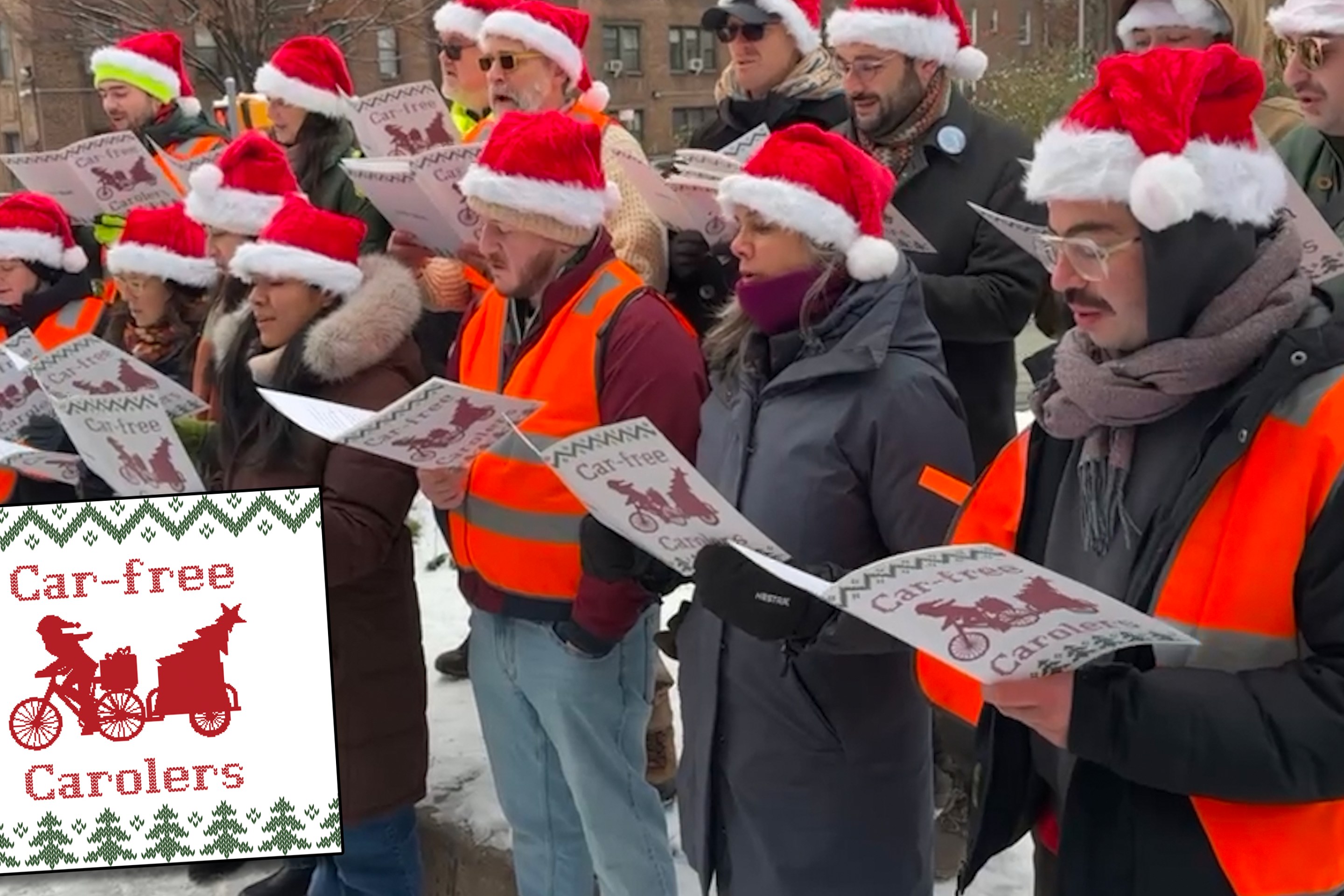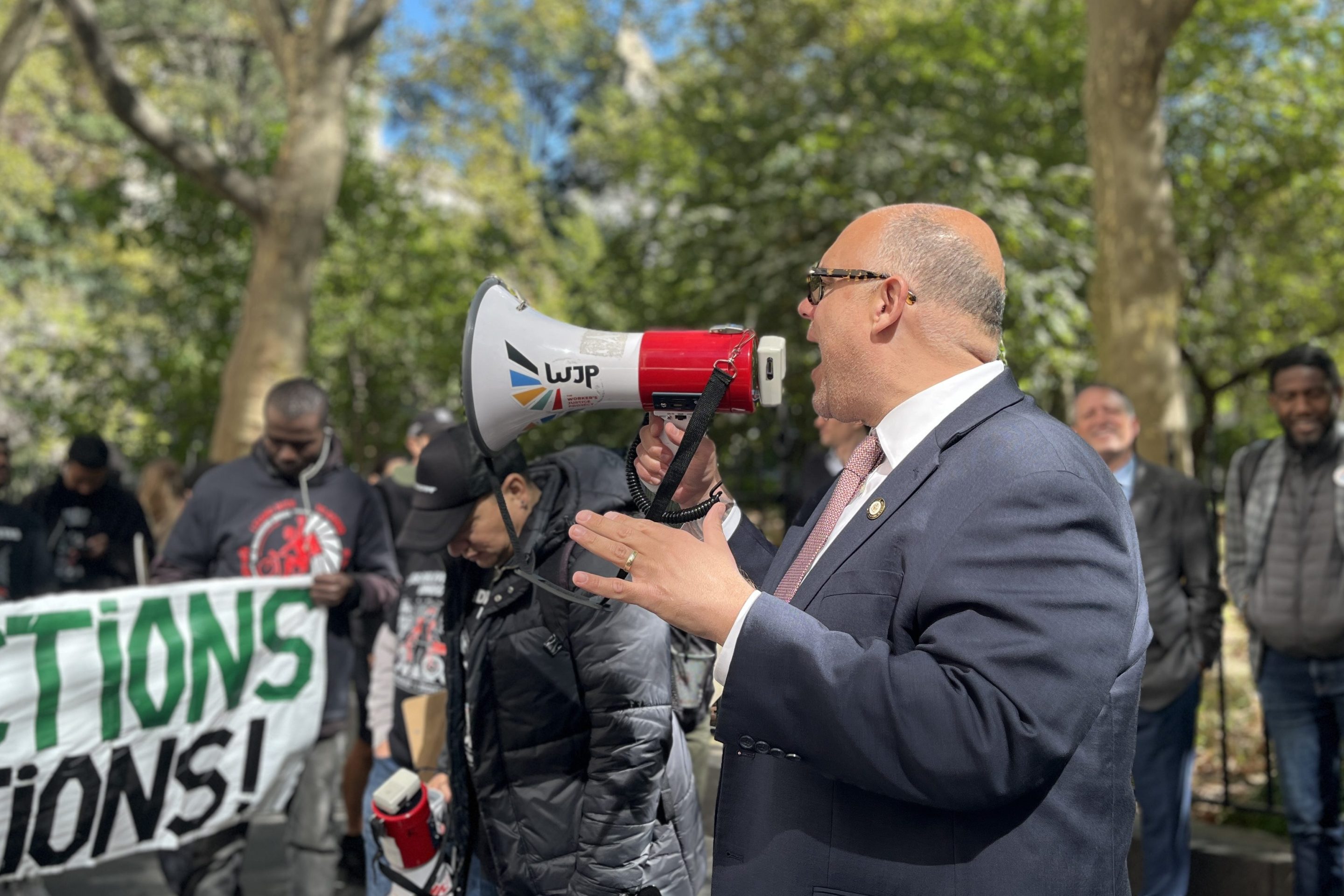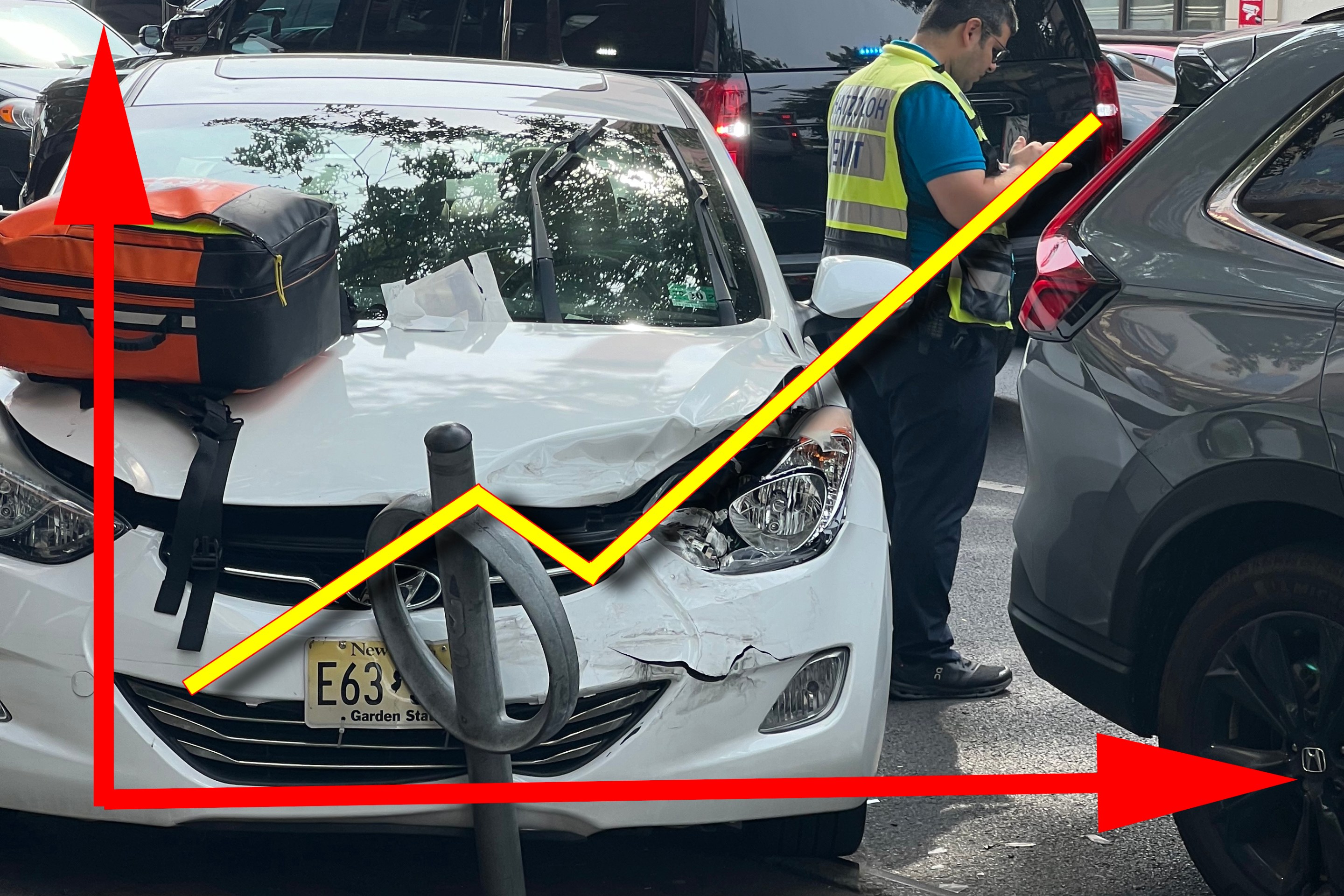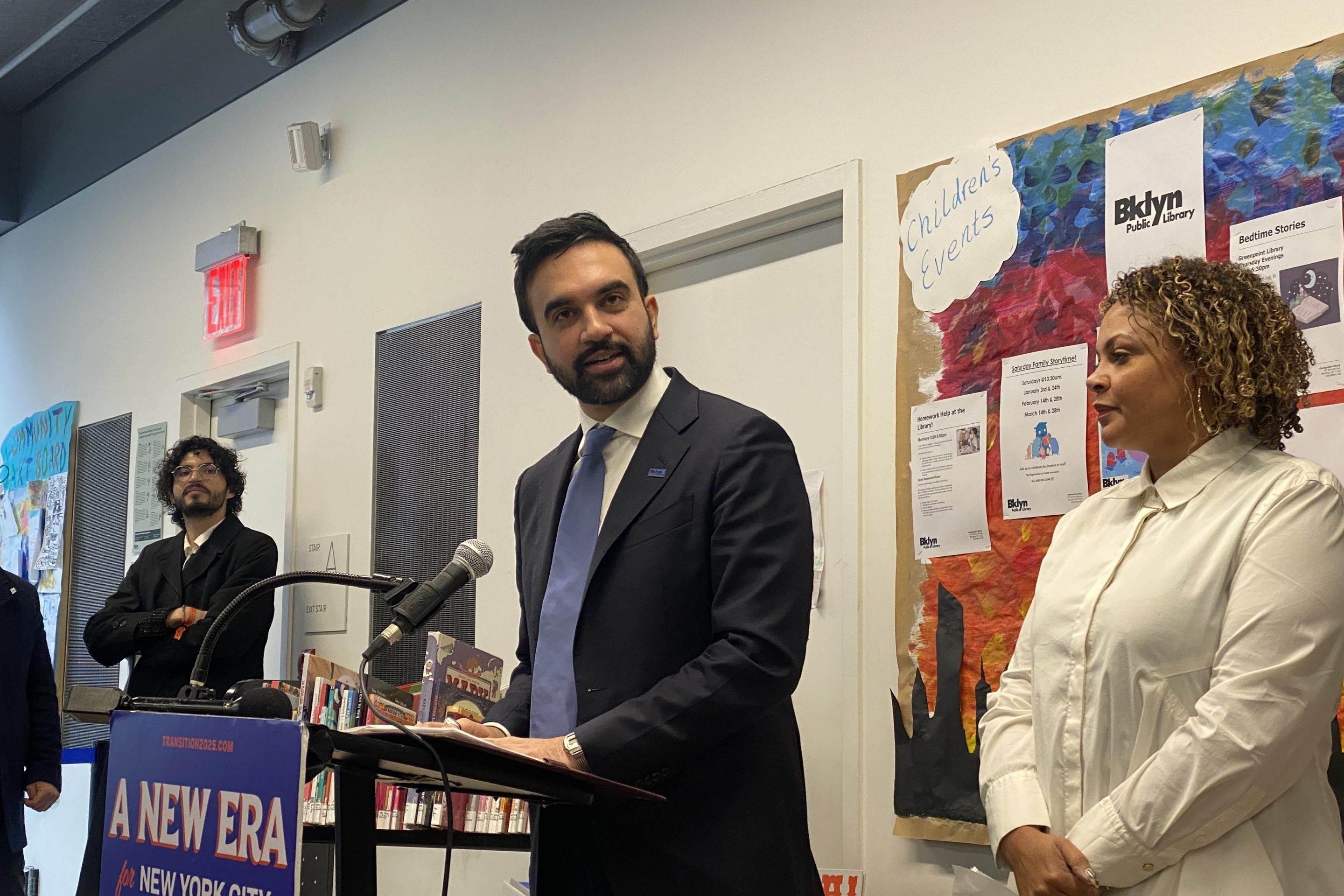Albany lawmakers had several opportunities during the 2012 session to come through for transit riders, pedestrians, cyclists and drivers. They came up short on every count.

A bill targeted at NYPD’s self-imposed ban on citing motorists for careless driving passed the State Senate transportation committee but did not come to a vote in the full Senate, while the Assembly version never made it out of committee.
Introduced by Brooklyn Democrat Dan Squadron, the bill would have amended Hayley and Diego’s Law by explicitly stating that officers may issue tickets to drivers who harm pedestrians, cyclists and other vulnerable street users whether or not they directly observe an infraction. Currently, NYPD protocol prohibits precinct officers from issuing tickets under VTL 1146, the state statute that includes Hayley and Diego’s Law as well as Elle’s Law.
"It's a top priority for us and we'll continue to push to get it done as soon as possible," said Squadron spokesperson Amy Spitalnick.
Legislation that would permit New York City to install cameras to ticket and fine speeding motorists, without attaching points to their licenses, was again kept from the governor's desk. Though Staten Island Republican Andrew Lanza introduced the bill in the Senate for the first time, Assembly members failed to overcome opposition from upstate obstructionist David Gantt, chair of the Assembly transportation committee.
Brooklyn Republican Marty Golden's bill to stiffen penalties for leaving the scene of a crash passed the Senate but died in the Assembly transportation committee, according to Golden's office.
Charlotte's Law, which would permanently take away the licenses of drivers convicted of three or more serious traffic offenses in 25 years, failed to clear committee in either house. A spokesperson for Schenectady Republican James Tedisco, who introduced the "three strikes" bill in the Assembly, told Streetsblog that efforts remain active to prod Governor Cuomo to take administrative action to implement facets of the bill.
On the transit front, legislation to protect dedicated transit funds from being stolen by state lawmakers stalled in committee.
One measure that passed both houses and appears headed toward becoming law: legislation to regulate increasingly popular curbside bus service provided by companies including BoltBus and Megabus. Cap'n Transit writes that the new requirements are overly burdensome and would strangle one of the region's few sources of growing transit ridership.





